Im sorry your our husband chose to hurt you like that . I personally would never give him a chance to do it again because I would be gone. What he did was cruel and underhanded.
I Left My Birthday Party After My Partner Humiliated Me in Front of Everyone
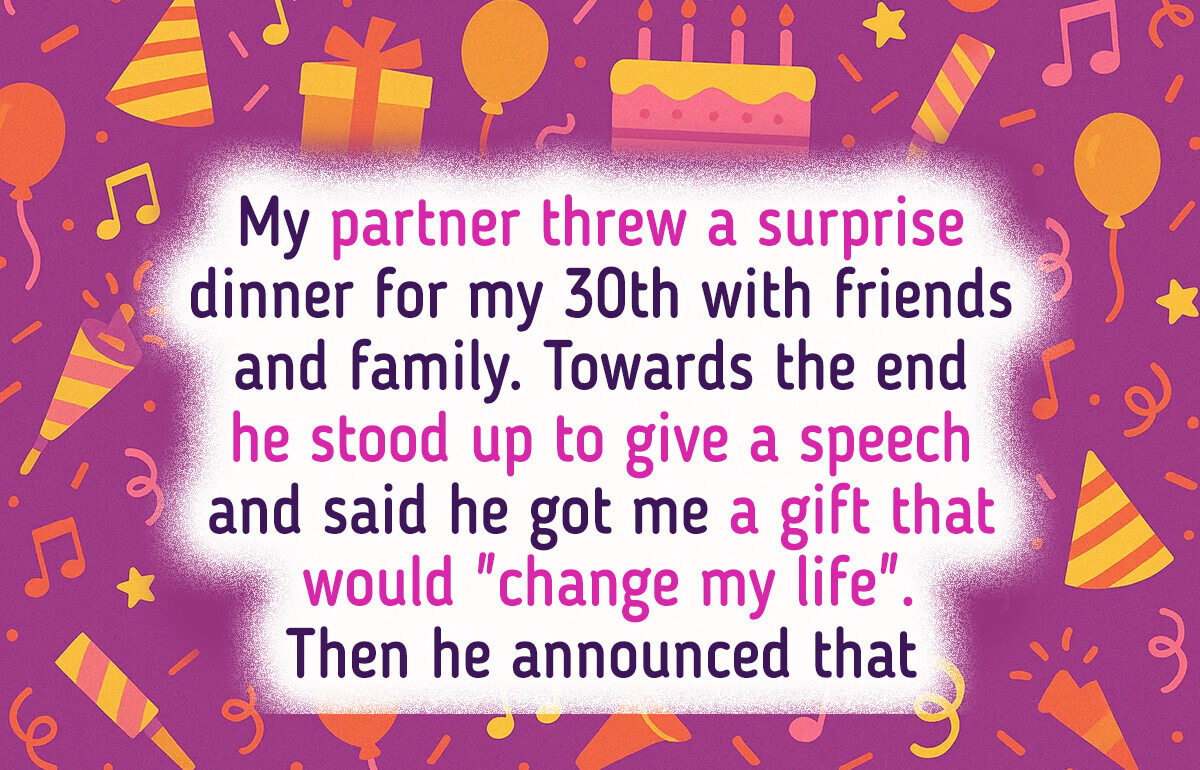
A reader recently shared a story that sparked a lot of internal discussion in our team—and we think it will resonate with many of you. What began as a heartfelt surprise for her 30th birthday quickly turned into a moment of public embarrassment. Her partner, in front of their loved ones, gave her a “life-changing” gift... but the gesture ended up feeling more like a lesson than love.
Here is her letter:
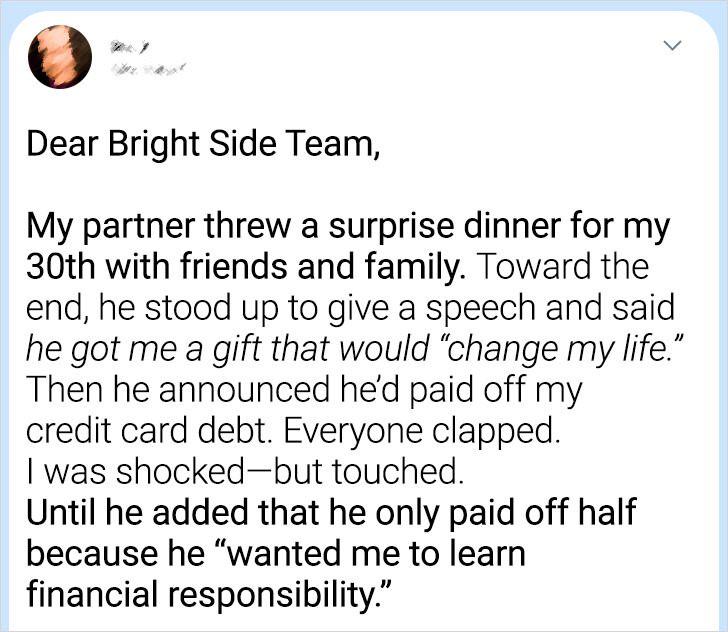

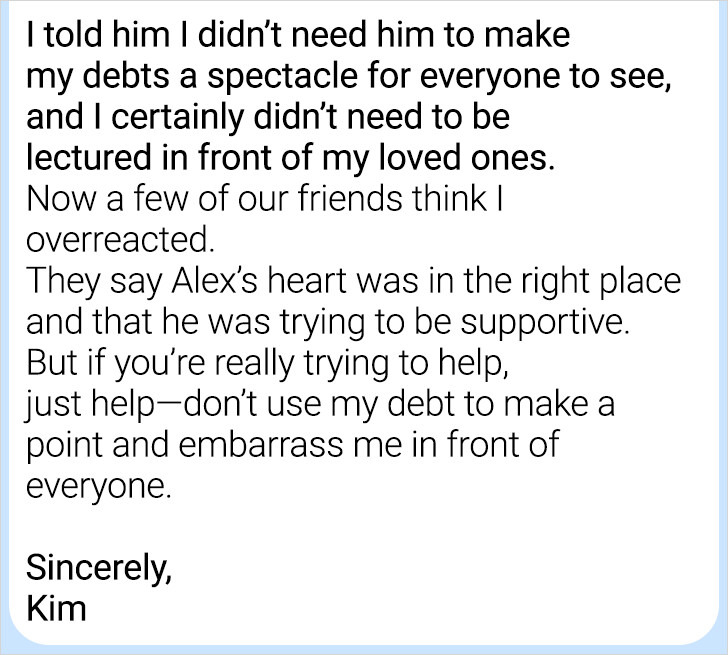
Dear Kim,
First, thank you for sharing your story—it’s completely valid to feel hurt and blindsided by what happened. Emotional reactions like yours don’t come out of nowhere; they’re often rooted in deeper concerns about respect, autonomy, and communication in relationships. Let’s break this down with a few psychology-backed insights and suggestions.
1. Recognize and address shame in relationships.
- Publicly highlighting a partner’s personal struggles, even with good intentions, can induce shame, leading to feelings of inadequacy and withdrawal.
- In your story, the public announcement about your debt may have triggered such feelings.
2. Set and maintain healthy boundaries.
- Establishing clear boundaries is crucial to protect oneself from emotional harm and to foster mutual respect in relationships.
- Communicate with your partner about topics you consider private and how you prefer them to be handled, especially in public settings.
3. Understand the impact of emotional invalidation.
- Dismissing or minimizing a partner’s feelings can lead to emotional invalidation, eroding trust and intimacy.
- Ensure that both partners feel heard and validated, especially when discussing sensitive issues like finances.
4. Communicate needs and expectations clearly.
- Open and honest communication about personal needs and expectations can prevent misunderstandings and resentment.
- Discuss with your partner how you prefer to handle personal matters and what kind of support you find helpful.
5. Foster emotional safety in the relationship.
- Creating an environment where both partners feel safe to express vulnerabilities without fear of judgment is essential for a healthy relationship.
- Work together to build trust and ensure that both partners feel secure in sharing their concerns and challenges.
No matter how well-intentioned a gesture might be, support should never come at the cost of someone’s dignity. True care means protecting each other’s vulnerabilities, not putting them on display.
Explore how finances affect romantic relationships here.
Comments
Related Reads
I Banned My Sister and Her Kids From My Home — My House, My Rules
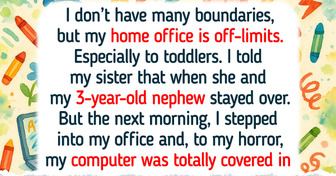
10 Dads Who’d Move Mountains to See Their Kids Smile

I Excluded My Stepson From Our Family Vacation

13 Stories So Disturbing They Could Make the Front Page
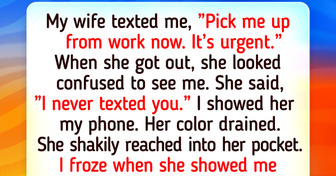
I Won’t Give Up My Inheritance Just Because I Wasn’t the “Perfect Daughter”
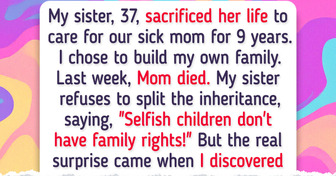
I'm Forced to Choose Between My Daughter and My Stepson
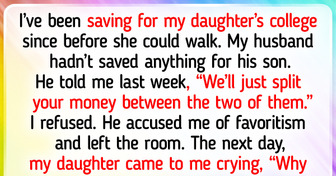
I Gave My Fiancé’s Family 4 Wedding Guidelines—They Got Offended and Won’t Come

15 Stepchildren Who Finally Saw Their Stepparents as Real Family
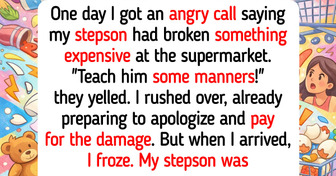
13 Stories of Quiet Kindness That Show Superhuman Strength in Ordinary People

15 Moments That Prove Quiet Kindness Is What Keeps the World Together
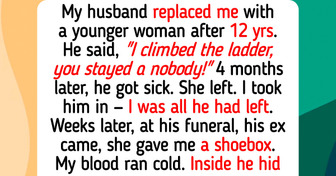
I Refused to Let My Boss Track My Every Move—I Don’t Need an “Ankle Monitor”
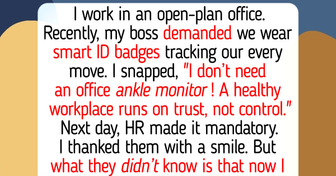
13 Life Moments That Prove Kindness Costs Little but Goes Far





